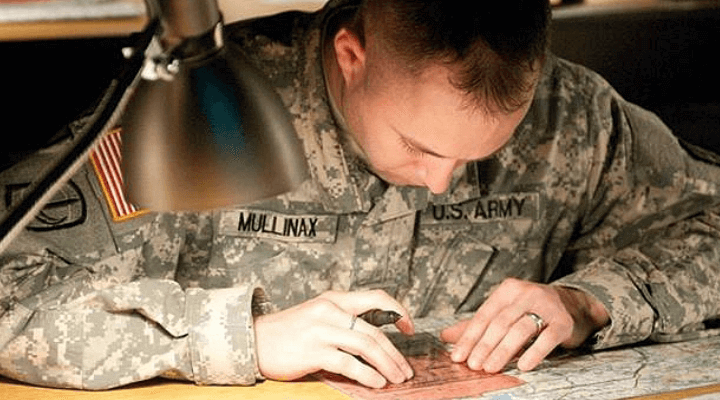A GI Bill over-payment situation can come about in various ways. The most common one is dropping a class after the school’s official drop period. Two other popular ways include receiving a failing grade or deciding to quit school. Like dropping a class, in both of these cases the VA has already paid your tuition and you have received your housing allowance and book stipend if using the Post 9/11 GI Bill, or received your monthly payment if using a different GI Bill.
Failing grades and the GI Bill
Whether or not the VA decides to recoup money from you depends on two things:
- The type of grade received – if it was punitive or non-punitive.
- Whether the circumstances causing that failing grade was mitigating or non-mitigating.
Punitive verses Non-Punitive Grades
Punitive means the grade you received counts toward your Grade Point Average (GPA) and hence is factored in (even though negatively) toward your graduation requirements. In this case, the VA most likely will not demand money back and they will even pay you again to take the class over in an attempt to pass the course so that it counts positively toward your graduation requirements.
Non-punitive means the grade you received does not count toward graduation requirements. Withdrawing from a course (or school), academic probation, or suspension from school are all non-punitive situations that don’t count toward your degree requirements. Because they don’t count, the VA can demand repayment depending on the reason. But here is where it gets somewhat murky; it depends on the type of reason for the non-punitive grade – mitigating or non-mitigating.
Mitigating verses Non-Mitigating Circumstances
In cases where the reason for a non-punitive grade was out of the student’s control, the VA usually will not require repayment. Mitigating examples can include such things as:
- A temporary illness or injury that prevented the student from attending classes.
- An illness or death of a family member that required the student’s presence back home.
- A change in employment location or scheduled work hours.
- Family financial obligations requiring the student to work full-time and dropout of school.
- The course was discontinued by the school or the school closed (as has happened with some for-profit schools lately).
- Unexpected military recall or mobilization to active duty.
- Changes in scheduled childcare arrangements preventing the student from going to school.
All of these things are beyond a student’s control, therefore will factor into the VA’s decision whether or not to collect any over-payment. The burden of proof, of course, lays with the student to prove that his/her circumstances were mitigating. The best way to provide proof is to submit a letter explaining everything (along with any other supporting documentation) through your school’s VA Certifying Official. They in turn will process your request through their system directly to the VA. This should be submitted as soon as possible to prevent an over-payment notice being sent out.
Non-punitive grades where the reason was within the student’s control normally create an over-payment notification and hence create a debt with the VA. As noted, these can include dropping a class after the drop period, quitting school not due to one of the above mitigating examples, or unsatisfactory progress like not attending class, just to name a few.
Keep in mind that if due, the VA will collect its money one way or the other. If no longer in school and not using your GI Bill, it can withhold money from an income tax refund.
The best course of action is to not get into an over-payment situation in the first place. The VA is normally willing to work with an individual if that person is proactive in helping to resolve the situation by notifying the VA as soon as a situation exists.
Next week, we will look at options you have if the VA does decide you owe it money.




